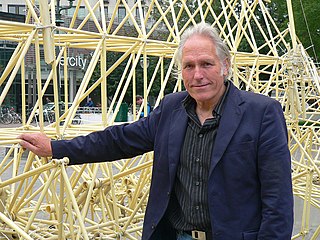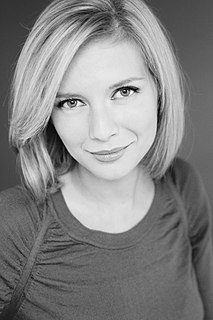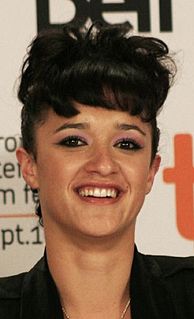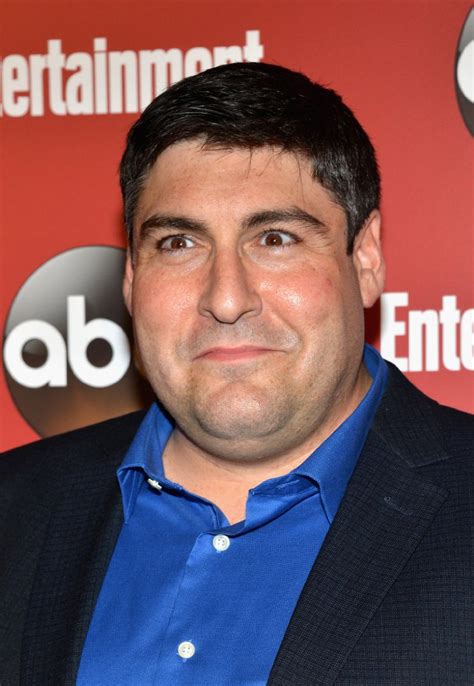A Quote by Steve Wozniak
Teachers started recognizing me and praising me for being smart in science and that made me want to be even smarter in science!
Related Quotes
It had also been my belief since I started writing fiction that science fiction is never really about the future. When science fiction is old, you can only read it as being pretty much about the moment in which it was written. But it seemed to me that the toolkit that science fiction had given me when I started working had become the toolkit of a kind of literary naturalism that could be applied to an inherently incredible present.
I can think of very few science books I've read that I've called useful. What they've been is wonderful. They've actually made me feel that the world around me is a much fuller, much more wonderful, much more awesome place than I ever realized it was. That has been, for me, the wonder of science. That's why science fiction retains its compelling fascination for people. That's why the move of science fiction into biology is so intriguing. I think that science has got a wonderful story to tell.
When I started it [non for profit], I thought, I'm not smart enough to do this. I had no experience in management, no experience in administration, no experience in nonprofit; but then this phrase came into my head: I only have to be smart enough to find people who are smarter than me; I only have to be smart enough to recognize who knows more than me.
I liked science very much. A science teacher in high school inspired me, and because of him, I began studying science at the university. But when I got there... well, the subject still attracted me a lot, but I had to do all these exams, and it was just like working in an office. I couldn't stand that.
You could be a poet, an artist, a comedian - if you're in the culture of innovation then you embrace those who do and you're going to protect the science curriculum in the classroom because you understand the meaning and the value of it. And science discoveries don't scare you. You say, "Give me more science", not less. "Give me more technology", not less.



































